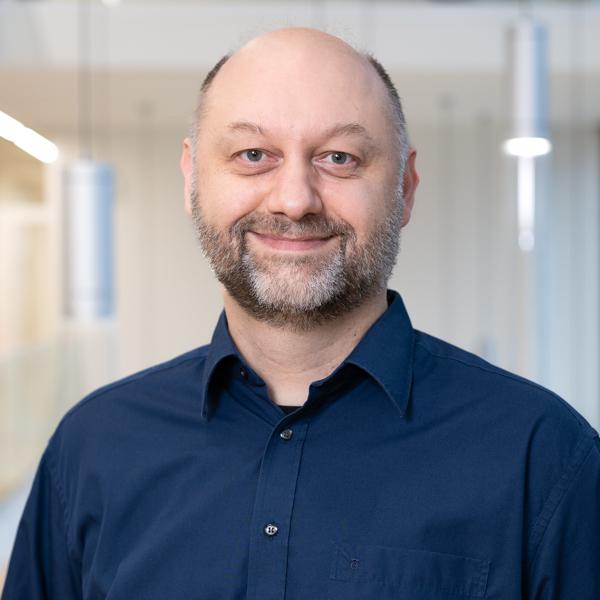

2022: ERC Advanced Grant for "HYPER"
2021: Busy Beaver Award für "Programmierung I"
Professor Bernd Finkbeiner, PhD, ist Faculty am CISPA und Professor für Informatik an der Universität des Saarlandes. Er promovierte 2003 an der Stanford Universität. Seit 2003 leitet er die Gruppe Reaktive Systeme, die 2020 Teil des CISPA wurde. Sein Forschungsfokus liegt auf der Entwicklung von verlässlichen Garantien für die Sicherheit und den Schutz von Computersystemen, einschließlich Spezifikation, Programmsynthese und -reparatur, sowie statische und dynamische Verifikation.
International Journal on Software Tools for Technology Transfer
Automated Technology for Verification and Analysis
Formal Methods (FM)
Symposium on Principles of Programming Languages (POPL)
Tools and Algorithms for Construction and Analysis of Systems (TACAS)
Computer Aided Verification (CAV)
Conference on Neural Information Processing Systems (NeurIPS)
Annual Conference on Foundations of Software Technology and Theoretical Computer Science (FSTTCS)
Principles of Verification: Cycling the Probabilistic Landscape